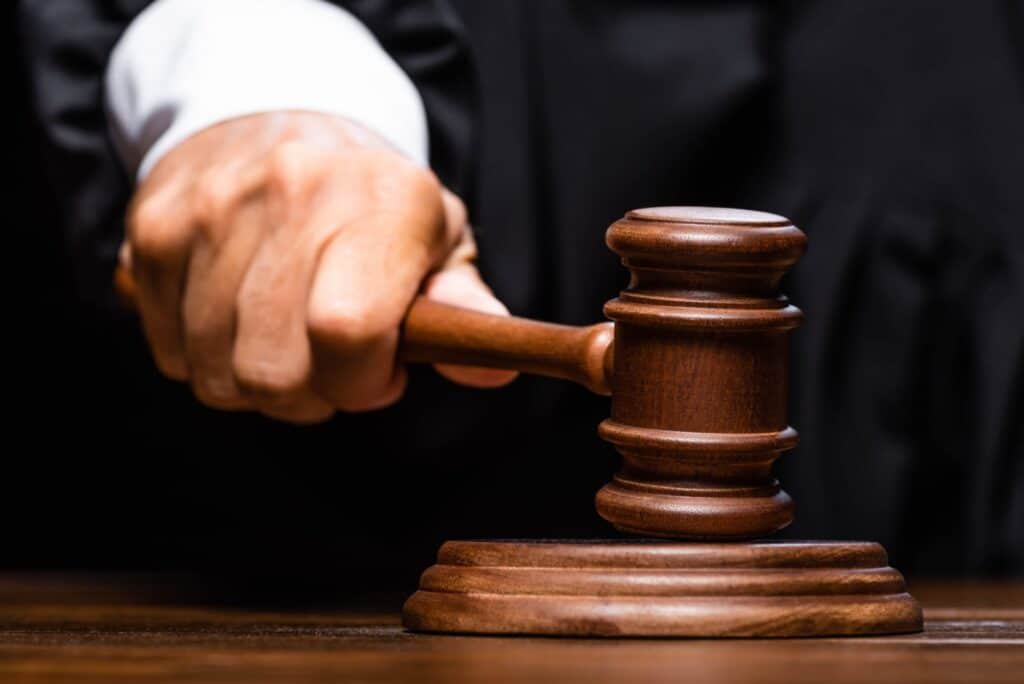It’s not every day that a major criminal case plays out on national news and involves a criminal defense lawyer successfully challenging the admissibility of damaging evidence held by the prosecutor. But that’s precisely what has happened in the solicitation charge faced by New England Patriots owner Robert Kraft.
The case has provided a valuable lesson on what the exclusionary rule looks like, in real life.
Robert Kraft’s Defense Lawyers File Motion to Suppress Evidence
New England Patriots owner and wealthy businessman Robert Kraft was arrested earlier this year in Florida. He was charged with paying for a sexual act – called “solicitation” in Florida and many other states, but is “engaging a prostitute” in Maine.
Chief among the evidence in the prosecutor’s file was a video of Mr. Kraft in a Florida massage parlor, receiving a sexual act.
That video had been obtained when Florida police executed a “sneak-and-peek” warrant, where they got a judge to sign a search warrant that allowed them to surreptitiously enter the parlor and install surveillance equipment on the inside without telling the owners. These warrants are designed to be used for high-level crimes: Florida police had suspected the massage parlors to be a part of a human trafficking ring.
Mr. Kraft’s defense lawyers claimed that this warrant – and all of the evidence that it found – violated Mr. Kraft’s rights under the Fourth Amendment. They filed a motion to suppress the evidence, arguing that it should be kept out of his trial under the exclusionary rule.
Judge Agrees and Excludes Evidence
The judge on the case was persuaded by the defense lawyers’ arguments, and granted the motion to suppress the video evidence. Because the warrant violated Mr. Kraft’s Fourth Amendment rights, the judge ruled, the exclusionary rule required it to be suppressed and kept out of Mr. Kraft’s trial.
Without the evidence from the video cameras, the prosecutors on the case were left with much less to use against Mr. Kraft. His defense lawyers were expected to file a motion to dismiss the case soon after their motion to suppress the evidence was granted, hoping to get the prosecutors to admit that they no longer had enough evidence to prove their case against Mr. Kraft.
The Power of Excluding Evidence
The incident provides a real-life example of how powerful the exclusionary rule can be. When police break the law and violate your constitutional rights while gathering evidence that you committed a crime, showing that your rights were violated in the process of the investigation can cut huge holes in the prosecutor’s case and protect your future from a damning criminal conviction.
Maine Criminal Defense Lawyers at Maine Criminal Defense Group
If you have been arrested and accused of committing a crime in Maine, you need legal representation. The criminal defense lawyers at Maine Criminal Defense Group can help you raise your rights and protect your future by provide staunch defense on your behalf. Call their law office at (207) 571-8146 or contact them online to start planning your defense strategy.


